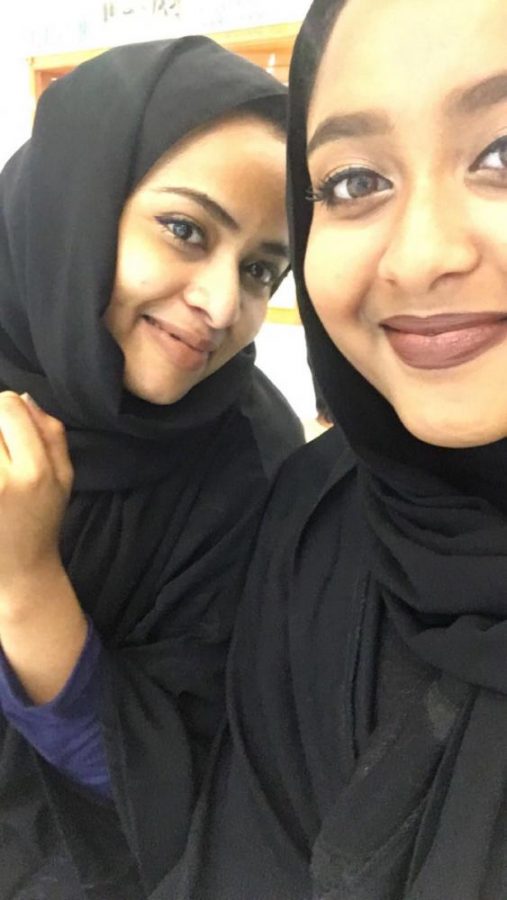One Small Step for Women, One Giant Leap for Saudi Arabia
“I was exposed to a different culture and that definitely contributed to who I am as a person,” said Lujain Bashir (’18), a student who grew up in Saudi Arabia.
October 9, 2017
As of September 26, 2017, the royal decree announced live on television that the women of Saudi Arabia will now be allowed to drive. Although this law will not become implemented until next June, this is a very big step for women in Saudi Arabia. There are only a few things in Saudi Arabia that women can do, like vote in local elections, be appointed to the consultative council, attain a college education and play sports in the Olympics. In fact, in a recent study there were more Saudi women studying at universities than men, and at the Olympics in 2012, Saudi Arabia only sent two women.
But there is still a long list of things women in Saudi Arabia can’t do. Women still are beholden to restrictive guardianship laws that govern nearly every aspect of their lives like marriage, divorce, traveling, getting a job or having an elective surgery without permission from their male guardians. Saudi women are not allowed to apply for a passport or national identification card without a male guardians permission either. And worst of all women are considered minors in any type of court case.
Lujain Bashir (’18) grew up in Saudi Arabia and experienced the inequality of women second hand. Bashir moved to America when she was five and moved back for her sophomore year of high school.
“I was exposed to a different culture and that definitely contributed to who I am as a person,” Bashir said. “My sophomore year I attended an international school and met many different people from different places.”
Although Bashir is grateful for the impact her experiences in Saudi Arabia had on her character, she still can’t overlook the dramatic inequality back home.
“Whenever I travel back to Saudi its always a big culture shock because I am not able to express myself as a woman like I could in America, it was very different,” Bashir said.
Students around Robinson are pleased with the country’s progress towards equality, but are far from satisfied. “Its great, but the issue is that women in Saudi Arabia are still supposed to go out in public with their male guardian,” said Stephanie Wolfe (’18). “And women are still extremely oppressed in that part of the world.”

Stephanie Wolf is less than satisfied with Saudi Arabia’s progress with gender equality.
Ashley Osiason (’18) shares similar ideas. “I love it. [It] should’ve happened years ago,” Osiason said.
While women in Saudi Arabia are slowly gaining more rights, American girls hope the movement continues in a positive direction.
“I just hope that women who intend to use this new liberty are protected and accepted by the government and the public,” Osiason said.

Ashley Osiason hopes that the government and public will accept women driving within the country now that the law is official.










